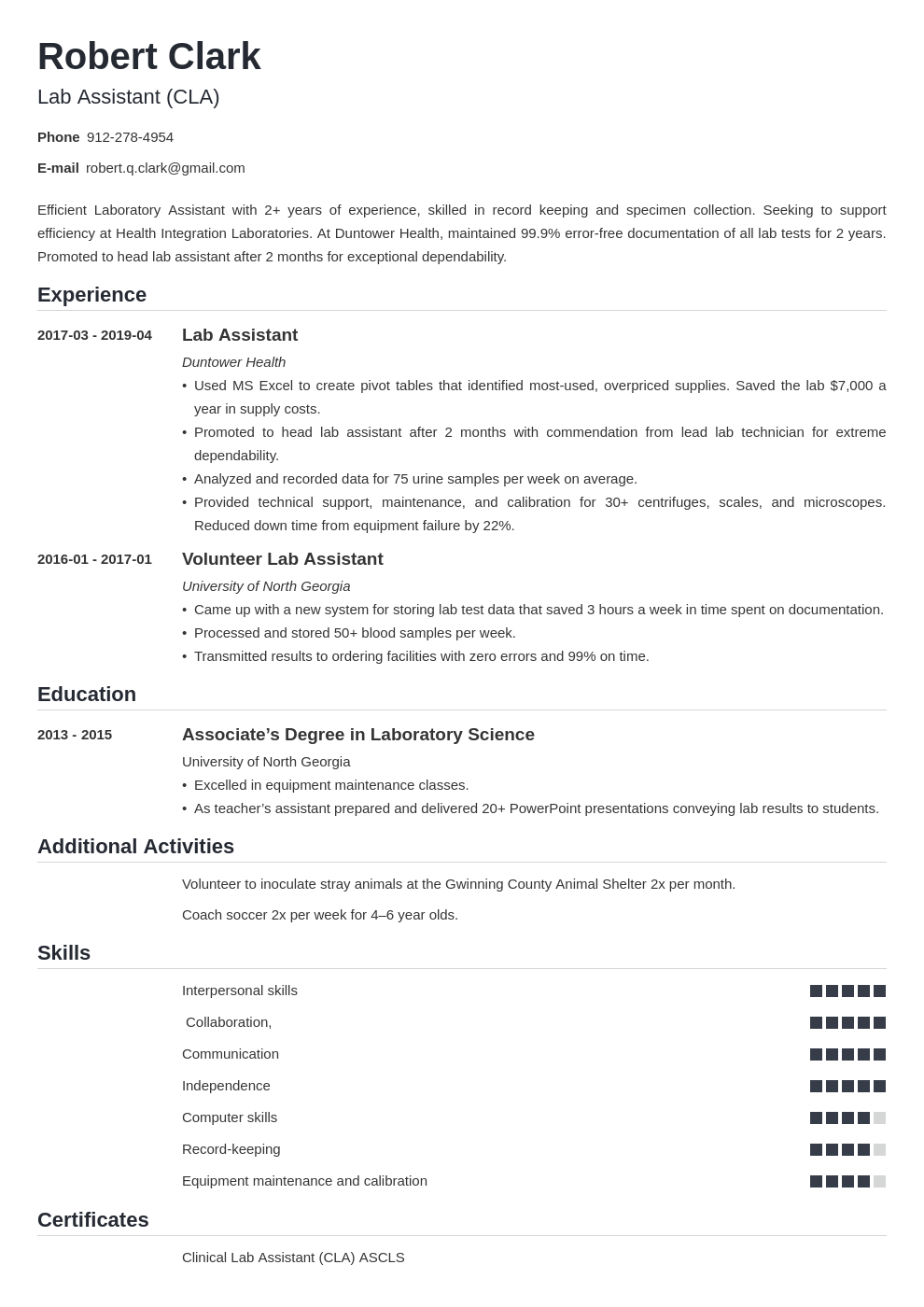

High school diploma or GED with proof of specific coursework (e.g., chemistry, biology, physics, algebra, etc.).

In general, all aspiring online MLS students are required to submit the following for admissions: Like all higher educational programs, online degree programs in medical lab science require students to meet specific prerequisites before they can enroll. Training sites are typically located close to a student’s home.Ībove all, students in online MLS programs require self-discipline, self-motivation, and time management skills to succeed.Īdmissions Requirements for Online MLS Programs In addition to coursework, students in online MLS programs typically must complete clinical hours at approved healthcare facilities to ensure that they are receiving adequate supervised hands-on training. Students in distance-based programs have the chance to pursue a degree without living close to a campus, although some schools may require periodic visits throughout the semester or year. In this type of program, students complete two types of assignments: those that can be completed on any schedule the student chooses, so long as it is done on time, and those that require students to login for courses at a specific time for live participation with other students and faculty. First, online programs generally include both asynchronous and synchronous coursework. Though not all students will benefit from an online program in medical lab science (MLS) or clinical lab science (CLS), this type of educational experience does offer specific advantages such as flexibility with respect to time and physical location. This page examines some of the accredited online medical laboratory science programs in the US, detailing the admissions requirements, coursework, and expected tuition to prepare an individual for this high-growth career field. Many people in this line of work still attend on-campus degree programs, although for those with significant scheduling or geographic limitations, there are a growing number of distance-based medical lab science (MLS) programs available from accredited institutions across the country. Prior to seeking employment, an aspiring medical laboratory scientist must get the requisite training and credentialing. As a result, a medical lab scientist generally boasts more advanced abilities, certification opportunities, and management potential compared to a technician in the same field. A technologist typically has at least a four-year bachelor’s degree, while a technician may have a two-year postsecondary certificate or associate degree. It is important to distinguish between medical laboratory scientists (i.e., technologists) and medical laboratory technicians.

In sum, medical laboratory science is a lucrative career with increasing job opportunities. Because BLS data incorporates both technologists and technicians (who tend to be paid less), expected salaries for the MLS profession specifically is likely to be higher. Furthermore, the BLS (2017) reported that medical and clinical laboratory technologists and technicians earned an average annual salary of $52,330, higher than the average salary across all US occupations ($50,620). According to the Bureau of Labor Statistics (BLS 2017), openings for medical and clinical technologists are expected to rise 12 percent nationwide between 20, nearly double the average growth projected across all occupations during that same decade (7 percent). Notably, those seeking to work as medical laboratory scientists are joining a growing field. The American Society for Clinical Laboratory Science (ASCLS) states that medical lab scientists (at times referred to as medical technologists) are “vital healthcare detectives, uncovering and providing information from laboratory analyses that assist physicians in patient diagnosis and treatment, as well as in disease monitoring and prevention.” Specifically, these professionals perform a battery of tests that incorporate various disciplines such as microbiology, immunohematology, and molecular biology, among others. Medical laboratory scientists fulfill an invaluable function in a healthcare setting: they work behind the scenes to ensure the scientific integrity of medical diagnoses. Certification Guides Career Guides Interviews & Features


 0 kommentar(er)
0 kommentar(er)
